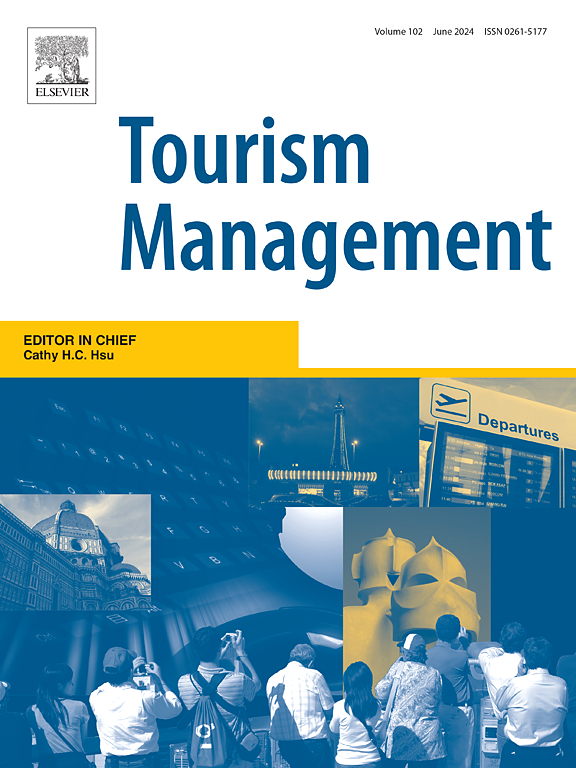探索信号一致性:营销人员和用户生成的内容一致性如何影响评论分享
IF 10.9
1区 管理学
Q1 ENVIRONMENTAL STUDIES
引用次数: 0
摘要
消费者在评论托管平台上的评论分享为后续用户提供了重要信息。然而,营销人员和用户产生的内容可能传达不一致的信息,潜在地混淆读者。本研究旨在从语义相似度和语言风格匹配两个角度对信号一致性的子维度进行操作,并探讨它们对后续用户评论分享的异质性影响。利用信号理论和启发式系统模型,我们研究了信号一致性对后续用户评论的各种特征的影响,包括评论熵、长度、语言复杂性、可读性和双面性。此外,我们还研究了后续评论者平台活跃度的调节作用。使用真实数据集,我们的实证分析结果表明,语义相似度对随后的评论熵、长度、可读性有积极影响,而对语言复杂性有消极影响。相反,语言风格匹配对评论熵、长度、双面性有负向影响,对语言复杂性有正向影响。当后续评论者表现出较高的平台活跃度时,其影响会被放大。本文章由计算机程序翻译,如有差异,请以英文原文为准。
Exploring signal congruence: How marketer- and user-generated content congruence influences review sharing
Consumers' review sharing on review-hosting platforms provides crucial information for subsequent users. However, the content generated by marketers and users may convey incongruent information, potentially confusing readers. This study aims to operationalize the sub-dimensions of the signal congruence from two perspectives: semantic similarity and linguistic style matching, and investigate their heterogeneous effects on subsequent users' review sharing. Drawing on the signalling theory and heuristic-systematic model, we examine the impact of signal congruence on various characteristics of subsequent users' review, including review entropy, length, linguistic complexity, readability, and two-sidedness. Additionally, we investigate the moderating role of subsequent reviewer's platform activeness. Using a real-world dataset, our empirical analysis results indicate that semantic similarity positively affects subsequent review entropy, length, readability, while negatively impacting linguistic complexity. Conversely, linguistic style matching negatively influences review entropy, length, two-sidedness, and positively influences linguistic complexity. Their influences are amplified when the subsequent reviewer exhibits higher platform activeness.
求助全文
通过发布文献求助,成功后即可免费获取论文全文。
去求助
来源期刊

Tourism Management
Multiple-
CiteScore
24.10
自引率
7.90%
发文量
190
审稿时长
45 days
期刊介绍:
Tourism Management, the preeminent scholarly journal, concentrates on the comprehensive management aspects, encompassing planning and policy, within the realm of travel and tourism. Adopting an interdisciplinary perspective, the journal delves into international, national, and regional tourism, addressing various management challenges. Its content mirrors this integrative approach, featuring primary research articles, progress in tourism research, case studies, research notes, discussions on current issues, and book reviews. Emphasizing scholarly rigor, all published papers are expected to contribute to theoretical and/or methodological advancements while offering specific insights relevant to tourism management and policy.
 求助内容:
求助内容: 应助结果提醒方式:
应助结果提醒方式:


